On November 23, 2024, The Health Museum and SPLASh (Stopping Plastics and Litter Along Shorelines) teamed up for a transformative day of environmental action. As part of the Mini Teen Summit’s Service Learning Project, students joined forces at Charles H. Milby Park to clean up Houston’s bayous and confront the pressing issue of plastic pollution.
The day began with breakfast and an eye-opening talk by Chloe Dannenfelser, Texas Coastal Outreach Coordinator, who shed light on the urgent problem of local plastic pollution and its impacts on marine ecosystems. With this knowledge and a sense of purpose, participants headed to the bayou for a hands-on cleanup effort.

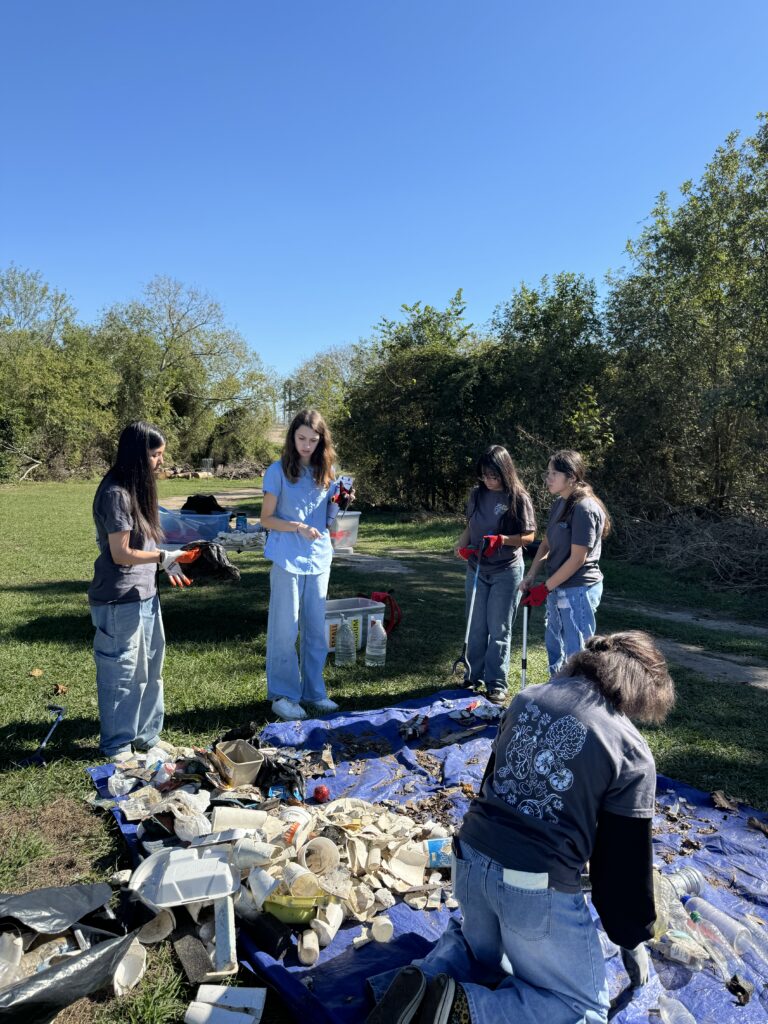

The Results Are In!
The students’ hard work paid off in a big way. Together, they collected an impressive 122 pounds of trash. Every piece of litter was digitally recorded, providing valuable data to inform future environmental initiatives. This data will also contribute to a future museum exhibit and school educational kits, ensuring the impact of this project extends far beyond the event itself.
Why It Matters
Plastic pollution is a growing threat to our waterways, and events like this demonstrate the power of community action. By removing harmful litter and raising awareness, these students are paving the way for a cleaner, healthier environment. Their efforts not only protect wildlife, but also enhance the beauty and vitality of Houston’s natural spaces.
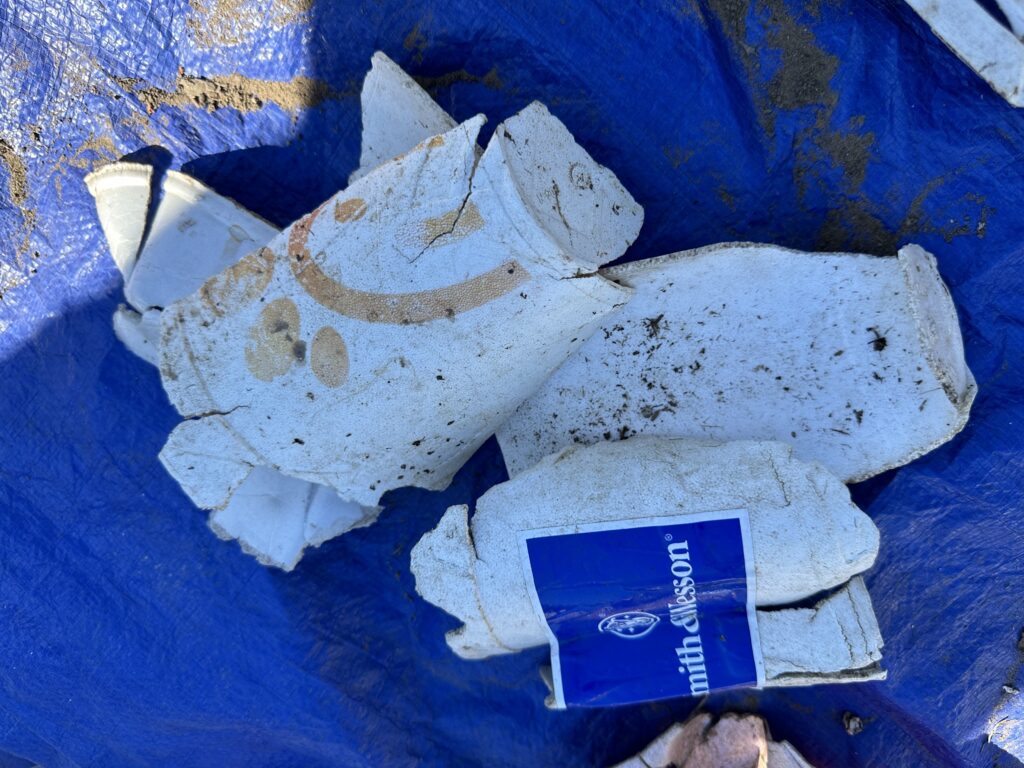
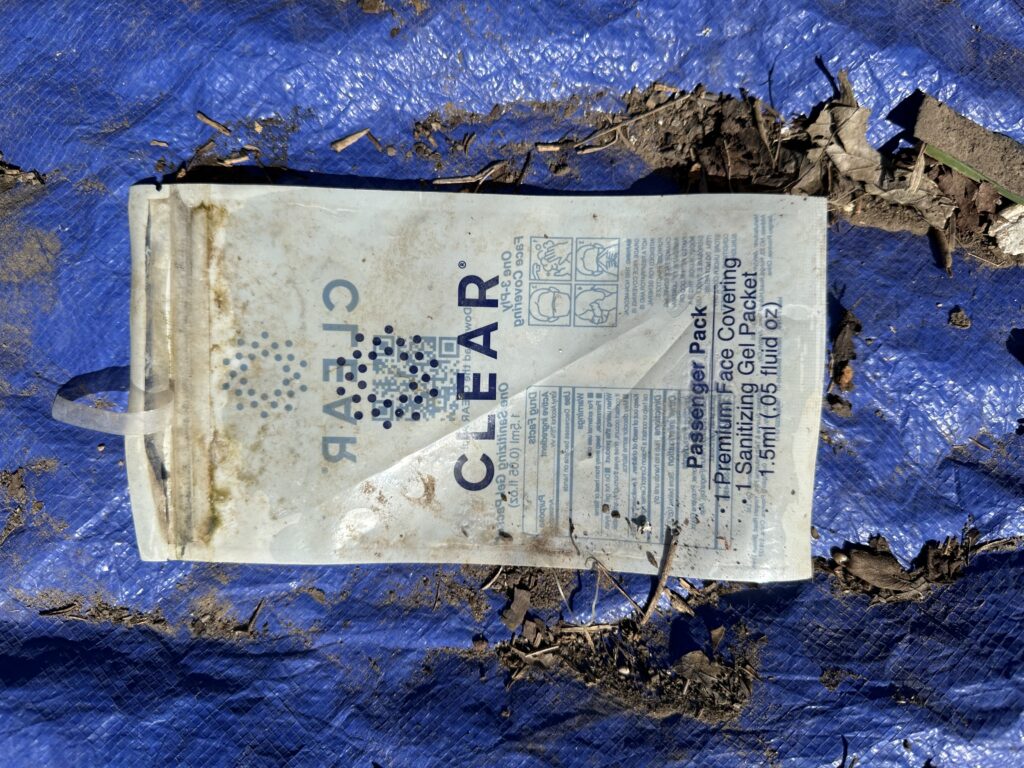
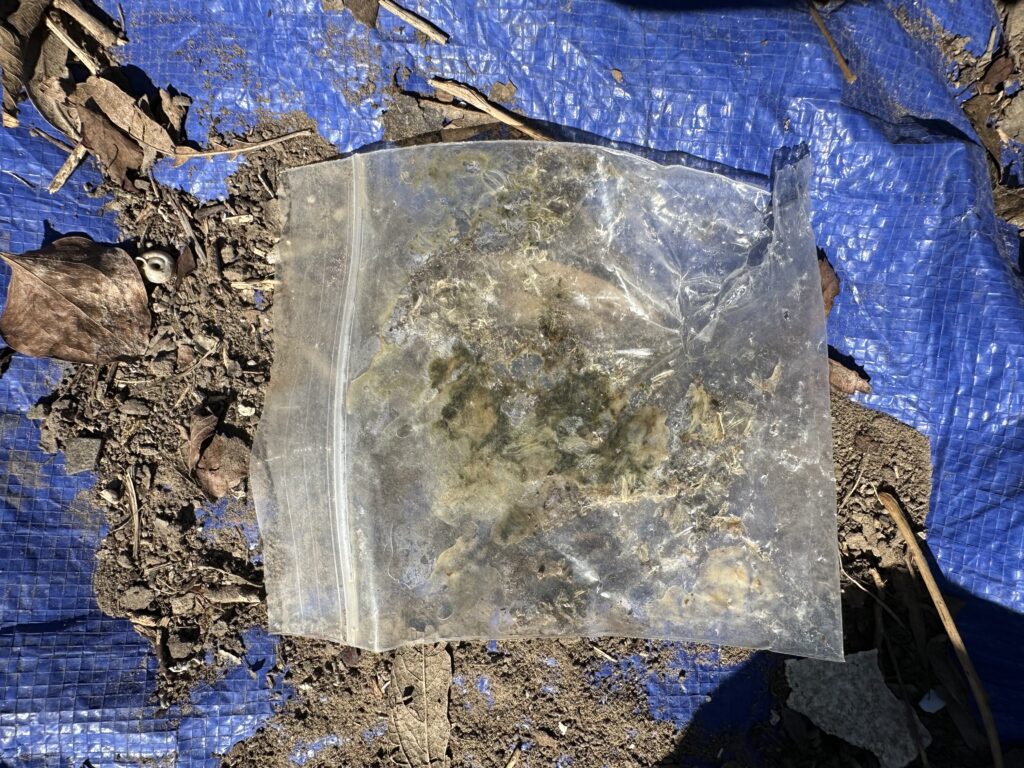
This event was more than just a cleanup—it was a learning experience. Participants gained firsthand insight into the consequences of littering and the importance of sustainable practices. At the end of the day, students received certificates for their volunteer hours, commemorating their dedication to making a difference.
Join the Movement
This is just one example of how partnerships between organizations like The Health Museum and SPLASh can inspire meaningful change. Together, we can tackle pollution and promote environmental stewardship in our communities.
Special Thanks
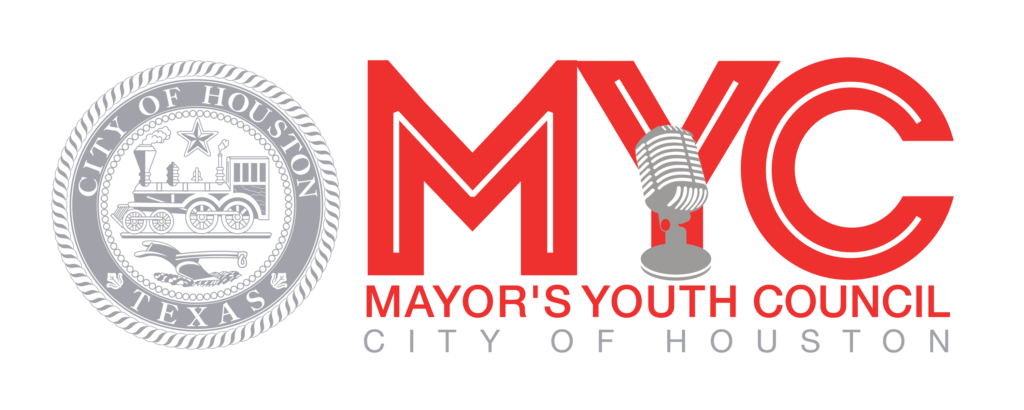
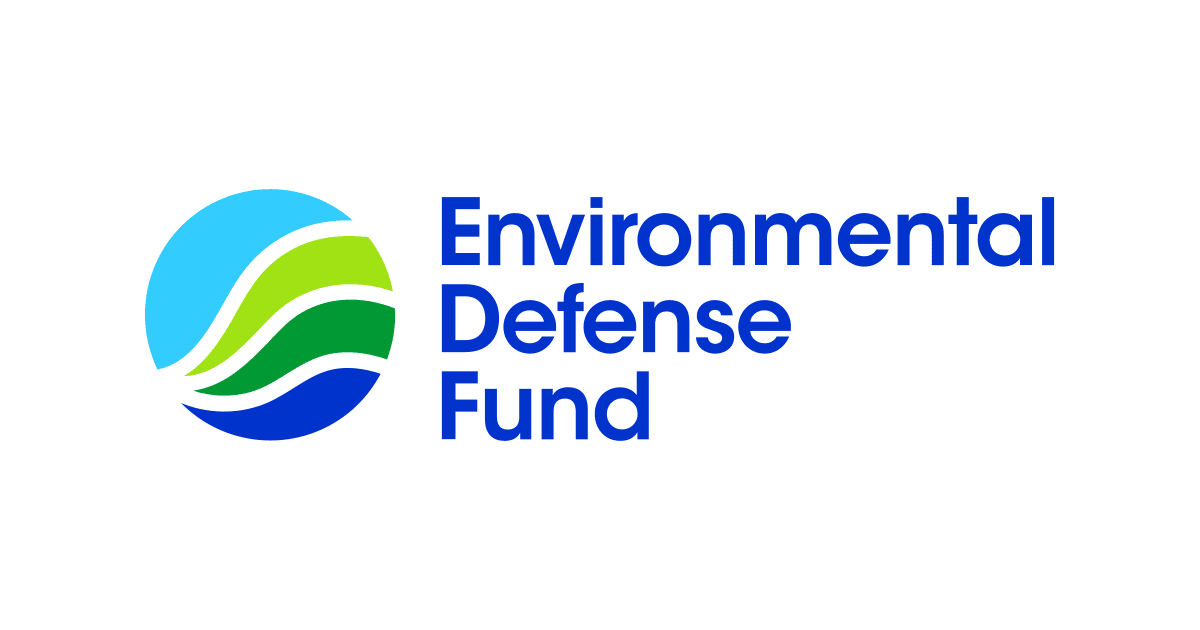

Thank you to all the students, organizers, and partners who made this day a success. With 122 pounds of trash removed and critical data collected, Houston’s bayous—and its future—are looking brighter than ever.